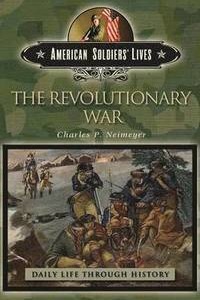
Liknande böcker
Pakistan Armed Forces : Gallantry Awards
Bok av Narindar Singh Dhesi
The art of appreciating the brave and gallant is not new. They form one of the most important constituents of a nation?s stability. History defines gallantry as commanded respect and appreciation. Whether being the appointed head of a clan, raised memorials in honour of the martyrs-brave souls or granted titles, robe of honour, cash awards or medals etc. The recognition of bravery has always been a very prestigious affair, since ancient times soldiers have been honoured for gallantry in battle. Over the years and in different societies such honours have taken many forms, but since the 1850s specific acts of bravery 'in the face of the enemy' by British and Imperial forces have been recognised by the award of a range of wearable decorations. These provide a visible indication both of the bravery of the recipient and of its recognition by the government and nation. All the members of the Indian Defence Force were eligible for, and granted, the British Empire?s decorations for gallantry. The Indian Order of Merit (I.O.M.) was the highest gallantry award available to Indian soldiers between 1837 and 1911, when the eligibility for the Victoria Cross was extended to Indian officers and men. Consequently the highest decorations an Indian could get were the Victoria Cross, followed by the Indian Order of Merit, the Military Cross, Indian Distinguished Service Medal, Military Medal, George Cross, etc. The Indian Order of Merit ranks high among the oldest and most venerable of decorations for bravery, pre-dating the Victoria Cross by nineteen years and the United State?s Medal of Honour by twenty-four years. The order was removed when Pakistan became independent in 1947. Pakistan instituted its own gallantry awards when it turned Republic. Foremost in precedence were the wartime gallantry awards: Nishan-i-Haider, Hilal-i-Jurat, Sitara-i-Jurat and Tamgha-i-Jurat etc. They can be awarded to soldiers in their lives, as well as, after their death as a result of their bravery and courage fighting for the honour of Pakistan.
During the British times the gallantry awards include the ones which would be against the present sentiments of the Pakistan. They are included; the bravery of the soldiers involved cannot be denied. The colossal amount of the gallantry awards of the Muslim soldier needs to be recorded. In conclusion, let me add that if this brief survey inspires someone to take up an exhaustive treatment of the subject, I shall consider the effort well rewarded.







